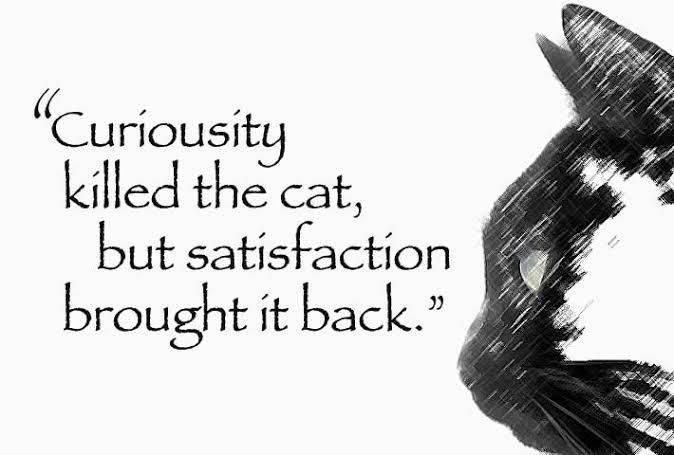The people of Russia and other former Soviet republics celebrated the sacred holiday of Victory Day on Thursday, complete with parades in major Russian cities and other solemn commemorations. Taking place against the backdrop of NATO’s ongoing proxy war against Russia in Ukraine, this year’s festivities bore a special significance, analysts say.
Russian Victory Day Fused Celebration of Nazis’ Defeat With Call for New Multipolar World Order
Tag: Nazi collaborators
Front Organizations Behind Hit Piece on Igor Lopatonok
Organized Crime and Corruption Reporting Project (OCCRP) report targets Igor Lopatonok, co-producer of “Ukraine on Fire”
George Soros’ “Reporters” Write Hit Piece Smearing Oliver Stone’s Co-Producer
Related:
Read More »Flashback: Chrystia Freeland Whitewashing Nazi Collaborators in 2008
Ukraine rifles its history for heroes
But history may matter more to you if it has been rough, as Ukraine’s has. As Viktor Yushchenko, the president whose path to power included a disfiguring attempt on his life, told the Canadian parliament last month, Ukraine has declared independence six times in the past 90 years. His job, he said, was to make sure the most recent declaration, in 1991, was the last one. Even the national anthem takes a bleak view. Its first line is: “Ukraine has not yet died.”
…
Yaroslav the Wise, the 11th-century prince of Kievan Rus, was named the winner in a last-minute surge, edging out western Ukrainian partisan leader Stepan Bandera, who led a guerrilla war against the Nazis and the Soviets and was poisoned on orders from Moscow in 1959. When the programme’s editor cried foul, alleging that Yaroslav’s backers had flooded the show with computerised phone-in votes, the story suddenly became irresistible abroad. After all, stuffed ballot boxes have figured prominently in recent Ukrainian politics, sparking the 2004 orange revolution.
The contretemps is being framed as yet another example of the divide between western and eastern Ukraine, where the Soviet portrayal of Bandera as a traitor still lingers. That would be a mistake. The real story of Ukraine is the astonishing rapprochement between east and west, which began in 1991 and accelerated after 2004, when big business decided it paid to buy into independence.
Related:
Did Yushchenko Poison Himself?
Radhika Desai: Western Press Uses ‘Ankle-Biting Yappy Dog’ Pseudo-Academics to Silence Critics
A prominent Canadian academic has come under fire in the Canadian press for attending the Valdai Forum in Russia. She told Sputnik that the Western press uses government-funded “lapdog” academics to smear the reputations of those who criticize Western policies and highlight how they have discredited themselves.
Radhika Desai: Western Press Uses ‘Ankle-Biting Yappy Dog’ Pseudo-Academics to Silence Critics
UKRAINIAN FASCISM: Bandera Lobby
“I want to draw Bandera Lobby, out of the dark”
On the background of the “Nazi gate”, the networks of the organization of Ukrainian nationalists, and the new anti-Communist hysteria. A conversation with Moss Robeson. Interviewer: Susann Witt-Stahl.
Read More »
Liberal alliances with Nazis produce inevitable blowback
NaziGate highlights Canadian ties to far-right Ukrainian nationalism, support for NATO and a long history of conflict with Russia. It should also shine a light on a foreign policy entangled with fascistic groups in many places. But politicians and media, as well as many on the left, have minimized the most salient points of NaziGate.
Liberal alliances with Nazis produce inevitable blowback
Previously:
Canada: Neo-Nazis, white nationalists go on pilgrimage to Galicia Waffen-SS memorial
Canada: Neo-Nazis, white nationalists go on pilgrimage to Galicia Waffen-SS memorial
Neo-Nazis and white nationalists have gone on a pilgrimage to an Ontario memorial to the Waffen SS Galicia division, the Ukrainian Nazi-led unit, after one of its veterans received a standing ovation in Parliament last month, prompting renewed calls for the monument to be torn down.
Neo-Nazis, white nationalists go on pilgrimage to Galicia Waffen-SS memorial
Related:
Active Clubs are a nationwide network of localized white supremacist crews who are largely inspired by Robert Rundo’s white supremacist Rise Above Movement (R.A.M.)
Sec’y Of State Blinken BURIES Ukraine’s N@zi History!
Maybe Branding U.S. Wars D or R Wasn’t Such A Good Idea
There is considerable anti-war sentiment among voters worldwide — which explains why candidates run on peace promises (Obama, Zelensky, Trump). There is also considerable pro-war sentiment among corporations who build weapons of mass destruction, and the think-tanks they fund to support them.
Maybe Branding U.S. Wars D or R Wasn’t Such A Good Idea
UK Journo Arrested for ‘Malinformation’ After Exposing Trudeau Applauding Nazi
Free speech advocates have warned that the British government’s Online Safety Bill could be used to crack down on anyone questioning the official narrative on issues from the COVID-19 pandemic to the conflict in Ukraine.
UK Journo Arrested for ‘Malinformation’ After Exposing Trudeau Applauding Nazi

You must be logged in to post a comment.